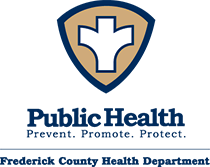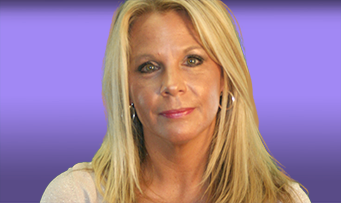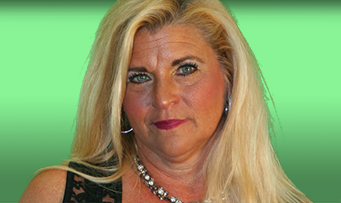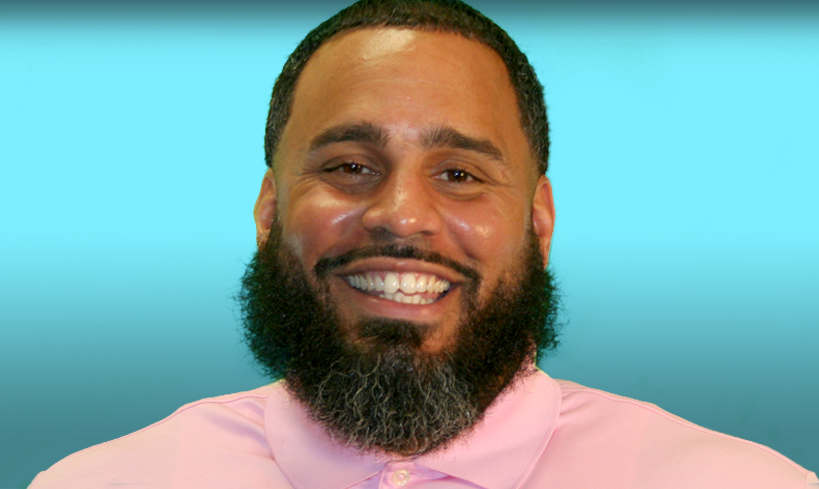Take Back My Life is an initiative of the Frederick County Health Department aimed at expanding awareness of the risks associated with opioid use, while supporting families and empowering individuals on a path of health and recovery.
These videos present real people in the Frederick area who have experienced opioid use disorder — either their own or those of family members. They’re sharing their stories in hopes of saving other lives and households from the pain and heartbreak they’ve suffered. Their stories provide hope and encouragement for a brighter tomorrow.
Prevention
The most powerful weapon for preventing prescription opioid misuse—for yourself or loved ones—is knowledge. Get the facts on what opioids are and do, the dangers of opioid misuse, as well as a better understanding how to manage and dispose of opioids safely.
View more information at StayInTheKnow.org/Opioids
OPIOID FAQs
What is an opioid?
Opioids are drugs that are commonly prescribed by physicians after surgery or to help relieve chronic pain. When taken exactly as directed by a medical professional, opioids are safe and can manage pain effectively. Opioids work by attaching to proteins called opioid receptors in our brain, spinal cord, and other areas of the body. When attached to receptors in certain parts of the brain, they dull the sensation of pain and also cause feelings of relaxation and euphoria. While they usually come in pill form, opioids are often crushed into powder and then snorted or injected to enter the bloodstream and brain more quickly. This increases the risk of both addiction and overdose.
What are different types of opioids?
The following lists various types of opioids and their common brand names:
- Oxycodone (OxyContin, Percocet)
- Hydrocodone (Vicodin, Lortab)
- Diphenoxylate (Lomotil)
- Morphine (Kadian, Avinza)
- Codeine
- Fentanyl
- Propoxyphene (Darvon)
- Hydromorphone (Dilaudid)
- Meperidine (Demerol)
- Methadone
Did you know?
- The dangers of prescription drugs (Rx), including opioids, can lead to addiction, overdose, and death.
- 4 OUT OF 5 HEROIN USERS reported they started out misusing prescription medications.
- 1 OUT OF 4 TEENS abused or misused an Rx drug.
What are the risks?
There are both immediate and long-term risks to Rx medicine abuse. In the short-term, overdosing can be fatal, as can mixing Rx medicine with over-the counter medicine and/or alcohol. In the long-term, prescription opioids (pain relievers) and other prescription medicines have been proven to be addictive. Relying on Rx medicines at a young age to help “manage” life can establish a lifelong pattern of dependency and prevent teens from learning important coping skills. The use of someone else’s medications is not only illegal but also dangerous. When used as prescribed, prescription drugs are safe medications, but misusing them has many health risks including addiction, overdose and even death. Safeguard your medications with three simple steps: Monitor.Secure.Dispose.
MONITOR. SECURE. DISPOSE.
3 Steps to Safeguard Your Home & Protect Your Kids:
Step 1: Monitor
- Note how many pills are in each prescription medicine (Rx) bottle or pill packets
- Keep track of refills – yours as well as others
- For children be sure you control and monitor dosages on all Rx's
- Make friends and relatives – especially grandparents –aware of the risks
Step 2: Secure
- Keep all medication (meds) – prescription and over-the-counter (OTC) – in a safe place, such as a locked cabinet
- Secure your meds the way you would valuables in your home (not in a medicine cabinet)
- Tell relatives to lock up their meds or keep them in a safe place
- Talk to the parents of your children’s friends about securing their meds
Step 3: Dispose
- Disposing of expired or unused medicine is critical in helping to protect your child
- Take inventory of all of the medicine in your home
- Unless the directions on package say otherwise, do not flush meds down the drain or toilet
- Securely discard expired or unused Rx and OTC meds by:
- Participate in a local Drug Take Back Day
- Use your local medication drop box locations.
- As a last resort dispose of unused meds at home
- Remove any personal id from bottles or package
- Mix the meds with an undesirable substance, like used coffee grounds or kitty litter and discard.
Drug Take Back Locations
There are seven (7) permanent drop box locations throughout the county where citizens can safely dispose of their expired and/or unwanted household medicines and prescription drugs. These locations are available year round. 2 of the locations are 24/7. They include the Frederick County Law Enforcement Center and Brunswick Police Department.
Brunswick Police Department
20 East “A” Street
Brunswick, MD 21716
Emmitsburg Community Center
300 S Seton Avenue
Emmitsburg, MD 21727
Frederick County Law Enforcement Center
110 Airport Drive East
Frederick, MD 21701
Frederick Police Department
100 West Patrick Street
Frederick, MD 21701
Middletown Municipal Center
31 West Main Street
Middletown, MD 21769
Myersville Municipal Center
301 Main St
Myersville, MD 21773
Thurmont Police Department
800 East Main Street
Thurmont, MD 21788

Frederick County Health Department 350 Montevue Lane, Frederick, MD 21702 health.frederickcountymd.gov Phone: 301-600-1029 Fax: 301-600-3111 TTY: MD Relay 800-735-2258
Learn More
Click here to learn more about this program and others offered by the Frederick County Health Department
Resources
Download a FREE poster to share.






